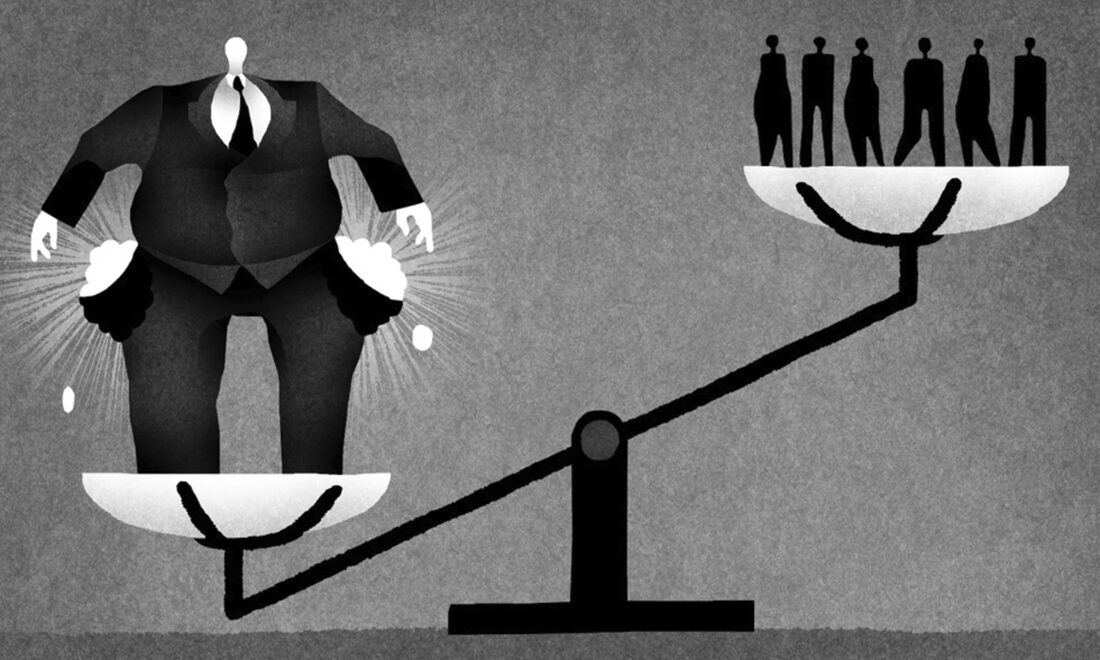
Policies providing support to the many and the vulnerable, not the privileged few are needed
AKEL on EUROSTAT Cyprus poverty figures
Statement by AKEL C.C. Spokesperson Stefanos Stefanou
AKEL C.C. Press Office, 17 October 2018, Nicosia
The figures on poverty released recently by the European Statistical Office, classifies Cyprus as one of the EU countries with the biggest increase in poverty.
Despite the government’s narrative about Cyprus’ so-called “success story” and its attempt to convince the people that we are doing well, the in-depth reading of figures published shows that poverty and social inequality are still quite high in our country.
The percentage of people experiencing severe material deprivation, a percentage rate which is connected with falling incomes, has increased. As for the percentage of households on a very low work intensity, namely those working on very low incomes, has more than doubled.
It is beyond the obvious that the growth and wealth that this generates is not distributed in a way that will lead to a reversal in the drastic economic inequality that has been caused by the policies of cuts and austerity that the government is implementing.
It is also evident that for a change in the situation to come about, measures are needed to channel resources towards working people on low incomes and the vulnerable groups of the population. In particular, measures are needed that will put an end to the phenomenon of cheap, unprotected and unregulated work.
AKEL reiterates its proposals for:
- Family policy measures to support young low-paid couples.
- Re-shaping of housing policy in a way that will provide substantial support to families who are finding it difficult to acquire housing.
- Legislative regulation of the employers’ obligation to implement collective labour agreements.
- Ensure minimal terms and conditions of employment for those workers not covered by collective labour agreements;
- Investments by the state for social protection infrastructures and support for local authorities to apply social policies.
In other words, policies that provide support to the many and the vulnerable, not the few and the privileged, are demanded.




